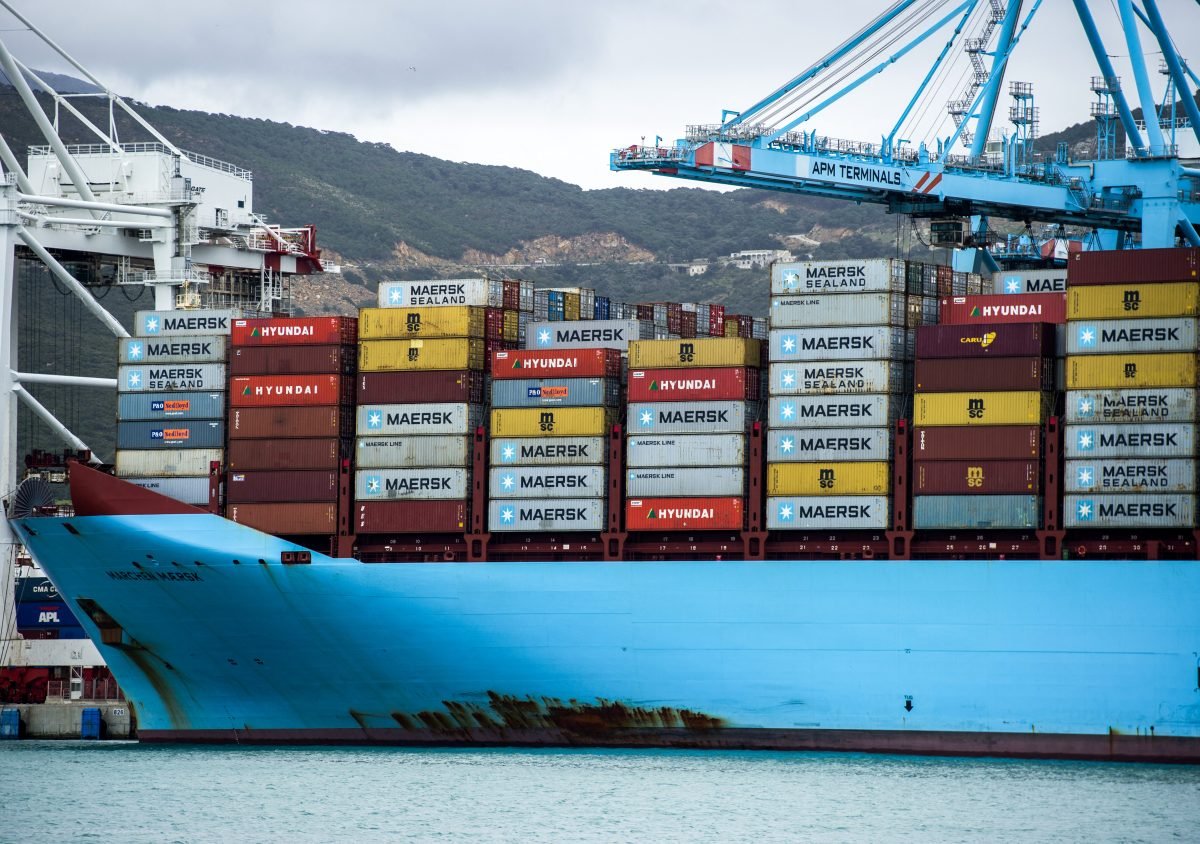The continent of opportunity: it may be somewhat of a cliché, but it reflects an undeniable truth – Africa presents plenty of opportunities for trade finance. Trade is at the very heart of the African economy: in 2019, exports and imports accounted for 53% of African markets’ GDP. And as the African Continental Free Trade Area (AfCFTA) – which established a single market and customs union encompassing 55 countries – matures, the cross-border flow of goods across Africa will become easier than ever before.
Meanwhile, Africa is increasingly being seen as a potential hub for green energy production. North Africa, in particular, is investing in its solar photovoltaic capacity, with large-scale solar park developments across several countries – taking advantage of abundant space and sunlight exposure. Renewable energy could also be used to produce green hydrogen, creating an entirely new lucrative economic sector: it has been estimated that Africa could produce 30-60 million tonnes of green hydrogen a year by 2050, representing up to 10% of global demand.
In the context of the ongoing conflict in Ukraine, which has prompted European markets to turn away from energy supplied by Russia, gas and hydrogen produced in Africa presents an attractive alternative for countries seeking more secure sources of energy. Africa’s potential is not limited to the energy sector, though – as trade tensions between the West and China show little signs of abating, many international corporates view the continent as a viable source of manufacturing capabilities.
Why, then, is there some reticence in the international financial sector to engage with African economies? Since the financial crisis, some in the banking industry have sought to reduce exposures in emerging markets and limit trade finance portfolios in what have been perceived as high-risk regions. Africa has clearly been impacted – due in part to increased concerns over governance, as well as relatively high government debt and seemingly volatile currencies. Political instability in some Western and Central African countries has, in recent months, added to this perception of risk.
Many African markets are now facing restricted access to international investment, preventing the financing of much-needed commerce and development. This has served to grow the African trade finance gap, which now stands at an estimated $120bn, posing a major challenge to businesses across the region.
Perceptions do not always reflect reality
African markets may be perceived by some as being excessively risky to engage with – but do these perceptions reflect reality? Not entirely. In a paper on Sustainable Trade Finance and African Trade, the International Trade and Forfaiting Association (ITFA) stated that the empirical data contained in the International Chamber of Commerce (ICC) Trade Register clearly demonstrates that African trade finance has an incredibly low product default rate related to trade finance.
At a regional level this default rate is often better than that in ‘developed’ markets, suggesting that trade finance in African markets is not disproportionately vulnerable to credit risk. Most African nations are also keenly aware of the crucial role trade plays in their economies, and many have ensured that short-term, self-liquidating trade transactions are a top priority for central banks.
Of course, African markets do face tangible challenges. Many markets lack a mature regulatory framework when compared with international counterparts, making trade more difficult as the dissonance between frameworks and standards can cause transactional friction. What’s more, traders are often hesitant to enter markets due to serious concerns about corruption, money laundering, and other financial crime.
While these valid concerns do exist, it does not necessitate the wholesale retrenchment from trading with Africa or from financing African trade flows. Specialist financial institutions – which focus their offering on trade finance in such markets – consider the best response is a robust approach to risk management and compliance. In our view, transparency and stringent compliance methodologies are the keys to conducting and financing safe, sustainable trade in Africa.
The specialist approach to risk management
While a technological and systems-driven approach is crucial to recognising and mitigating threats, it is a bank’s human expertise that will turn raw data into actionable insights. Successful risk management in specialist markets requires banks to have a deep understanding of the geographies it operates in, built on long-standing relationships and on-the-ground presence. Compliance professionals must be prepared for new regulatory developments and any potential issues affecting their core markets. An acute awareness of current socio- and geopolitical contexts is necessary, and it can only be developed by a consistent commitment to the markets in question.
Transaction monitoring, background checks and other screening procedures are necessary to maintain the integrity of trade flows. There are also, of course, cultural differences in the way business is done across markets – which banks must respect while adhering to the highest compliance and regulatory standards.
Specialist banks, which can tailor their approach to their target markets, are well suited to deliver this level of risk management. They play a vital role in ensuring that African markets are a viable proposition for international corporates and financiers. Acting as a bridge between the global trade finance markets and African commerce, they facilitate trade with countries that can otherwise become isolated.
This is primarily achieved by providing appropriate trade product solutions to corporates, delivering the necessary transactional financing and security, while working in partnership with an international network of financial institutions to ensure success. These banks typically also offer treasury, cash management and other ancillary services as part of an integrated relationship-led approach.
In this way they are simultaneously able to leverage their understanding of the regulatory environment in African markets alongside internationally recognised compliance standards – sealing any gap of dissonance existing between them.
Safe, sustainable trade in Africa
As the continent moves towards becoming a more integrated trade bloc, African trade will continue to present a great deal of opportunity to international companies. But with limits on the financial industry’s willingness to finance and guarantee those trade transactions, many find that they are unable to engage.
With presence across the continent, specialist trade finance banks like BACB engage with businesses in-person, helping build capacity and reduce transactional friction. Fundamentally, this work builds the trust of those looking to trade and invest in African markets.
Trading with African markets naturally entails risks – as it does in any other market. They cannot be entirely eliminated, but they can be mitigated by working with the right partner. Banks focused on emerging and frontier markets, with a keen risk management focus, can help navigate the complex landscape of African trade, helping traders unlock the continent’s full potential.
Want to continue reading? Subscribe today.
You've read all your free articles for this month! Subscribe now to enjoy full access to our content.
Digital Monthly
£8.00 / month
Receive full unlimited access to our articles, opinions, podcasts and more.
Digital Yearly
£70.00 / year
Our best value offer - save £26 and gain access to all of our digital content for an entire year!

 Sign in with Google
Sign in with Google 



